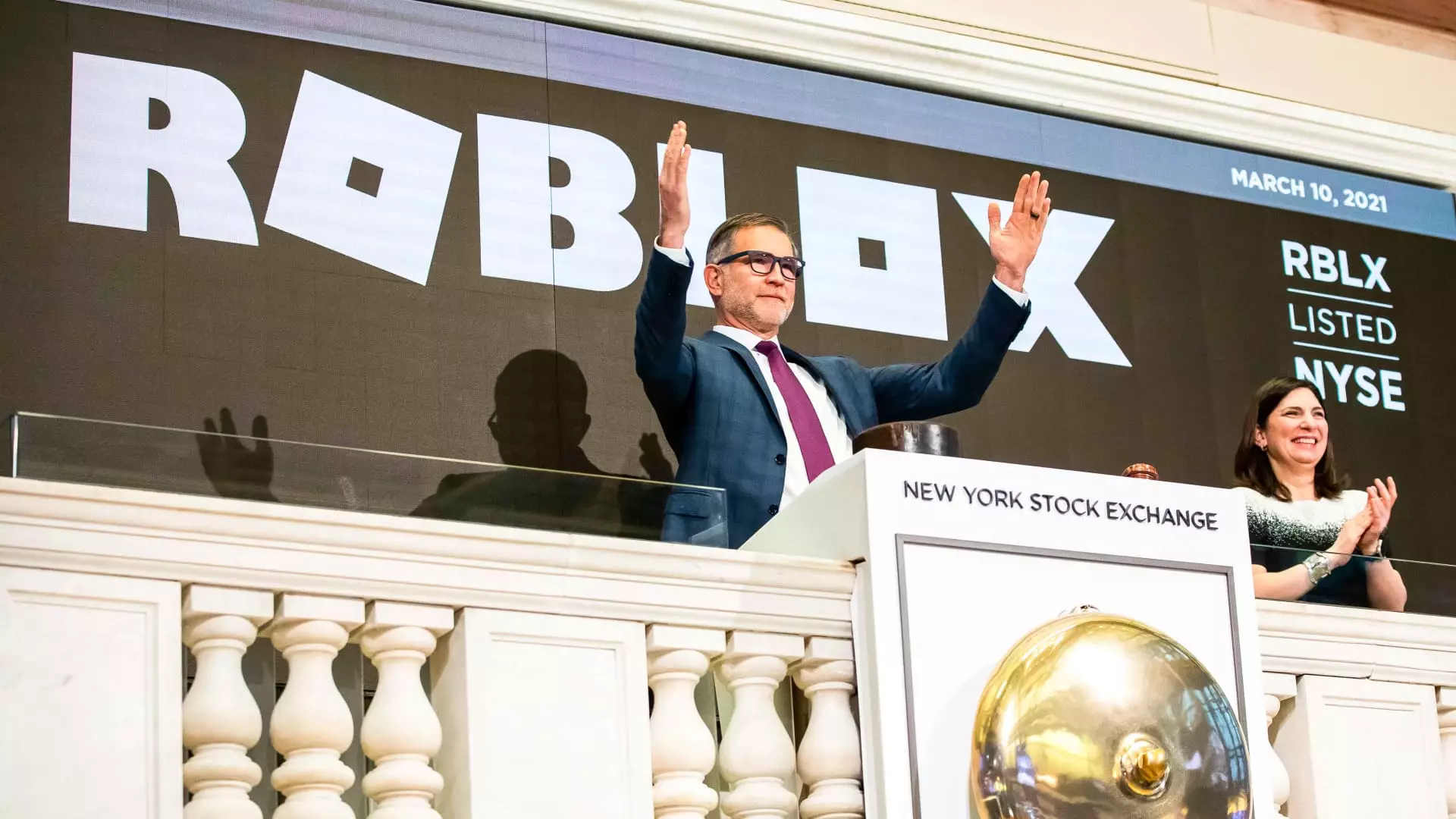Roblox, a platform beloved by kids that generates billions in the virtual gaming world, is undergoing a significant transformation. In a recent announcement, the company revealed its plans to allow game developers to charge users real money for certain games on the platform. This shift marks a departure from the conventional method of relying solely on the digital currency Robux for transactions, a move that could potentially revolutionize the gaming industry.
The new payment model introduced by Roblox targets so-called Paid Access games, where players are required to pay to access the content. This change mirrors the established video game industry, enabling developers to profit directly from game sales and adjust prices according to market demand. By removing the barrier of a virtual currency, game creators now have the flexibility to sell their games to users more seamlessly. This endeavor is part of Roblox’s broader ambition to drive 10% of all global gaming content sales through its platform and attract 300 million daily active users.
Under the new payment system, developers stand to benefit from a variable payout structure. Games priced at $50 will result in a 70% revenue share for the creator, while $30 and $10 games will yield 60% and 50% payouts, respectively. This tiered system aims to reward developers of higher-cost games while encouraging creativity and innovation on the platform. By offering these incentives, Roblox hopes to entice developers and small studios to create more ambitious and engaging games, leading to increased profits for all parties involved.
In addition to the payment overhaul, Roblox is actively diversifying its revenue streams. The company’s reliance on Robux sales, which previously accounted for a significant portion of its income, is now being supplemented with real-world transactions. Earlier this year, Roblox introduced the Creator Store, allowing developers to purchase features using actual currency. While the Avatar Marketplace still operates on Robux, this shift demonstrates Roblox’s commitment to exploring new avenues for economic growth.
Looking ahead, Roblox has ambitious plans to expand its business further. The introduction of tools to assist developers in pricing digital goods and exploring regional pricing options illustrates the company’s commitment to enhancing user experience. Moreover, the upcoming ability for developers to sell physical merchandise to U.S. users signals a strategic partnership with Shopify, opening up a new realm of possibilities for creators to monetize their content.
Despite these innovations, Roblox’s stock experienced a slight dip following the announcement. While the company remains optimistic about the future of real-money transactions, investors have shown a degree of skepticism. The stock’s performance, down approximately 7% for the year, reflects the market’s uncertainty surrounding this new direction. However, with ongoing testing of in-game shopping features and future collaborations with online retailers, Roblox is positioning itself for sustained growth and success in the gaming industry.
Roblox’s decision to incorporate real-money transactions represents a significant shift in its business strategy. By empowering developers with new opportunities for monetization and engaging users with diverse payment options, Roblox is poised to revolutionize the gaming landscape. As the platform continues to evolve and adapt to changing market dynamics, it will be fascinating to see how these innovations shape the future of gaming on a global scale.


Leave a Reply